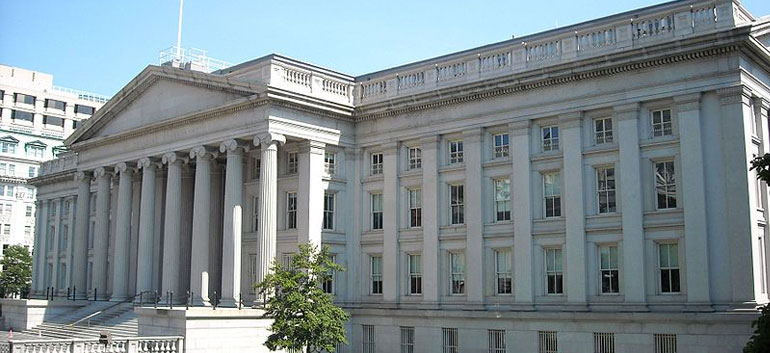The 17 Colombians also had some of their businesses sanctioned, intended to cripple their profits and discourage them from doing business with the United States.
The statement read, “With its growing network of subordinate criminal groups engaged in activities ranging from money laundering to drug and weapons trafficking, Los Urabenos has spread its significant, violent influence throughout the Americas. Today’s action strikes a first blow against the leaders of this powerful criminal organization and we will continue to target its assets and accomplices,” Adam J. Suzbin director of the Office of Foreign Asset Control (OFAC).
The Clinton List is the colloquial term for the US Treasury Department’s Specially Designated Nationals List (SDN), compiled by the OFAC. The list orders the suspension of all illegal activities of the individuals or groups named and prohibits any US citizen to make transactions with these entities, according to Bogota’s Caracol Radio.
‘Los Urabeños’ got their name in the late 1990s and early 2000s when its commanders were still members of the AUC and the paramilitaries started an offensive from the region of Uraba towards Colombia’s eastern plains.
When the AUC officially demobilized between 2003 and 2006, mid-level commanders and fighters from the paramilitary groups ACCU, the “Bloque Centauros” and the “Bloque Elmer Cardenas” took over the paramilitary structure in the north of Colombia and began operating under the name of Autodefensas Gaitanistas, later to be commonly known as “Los Urabeños.”
Sources
- Treasury Sanctions Los Urabenos Leadership (US Dept of Treasury)


